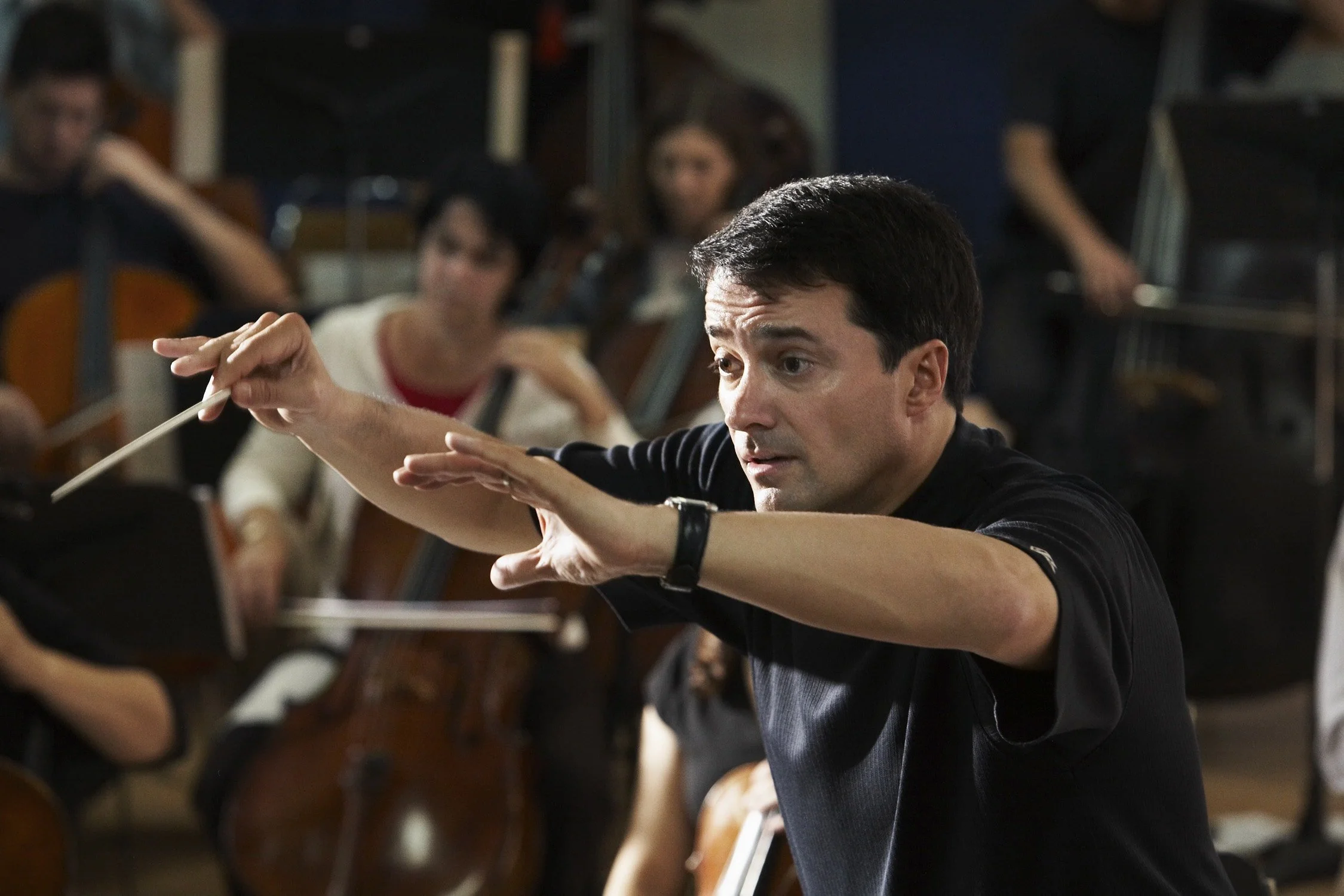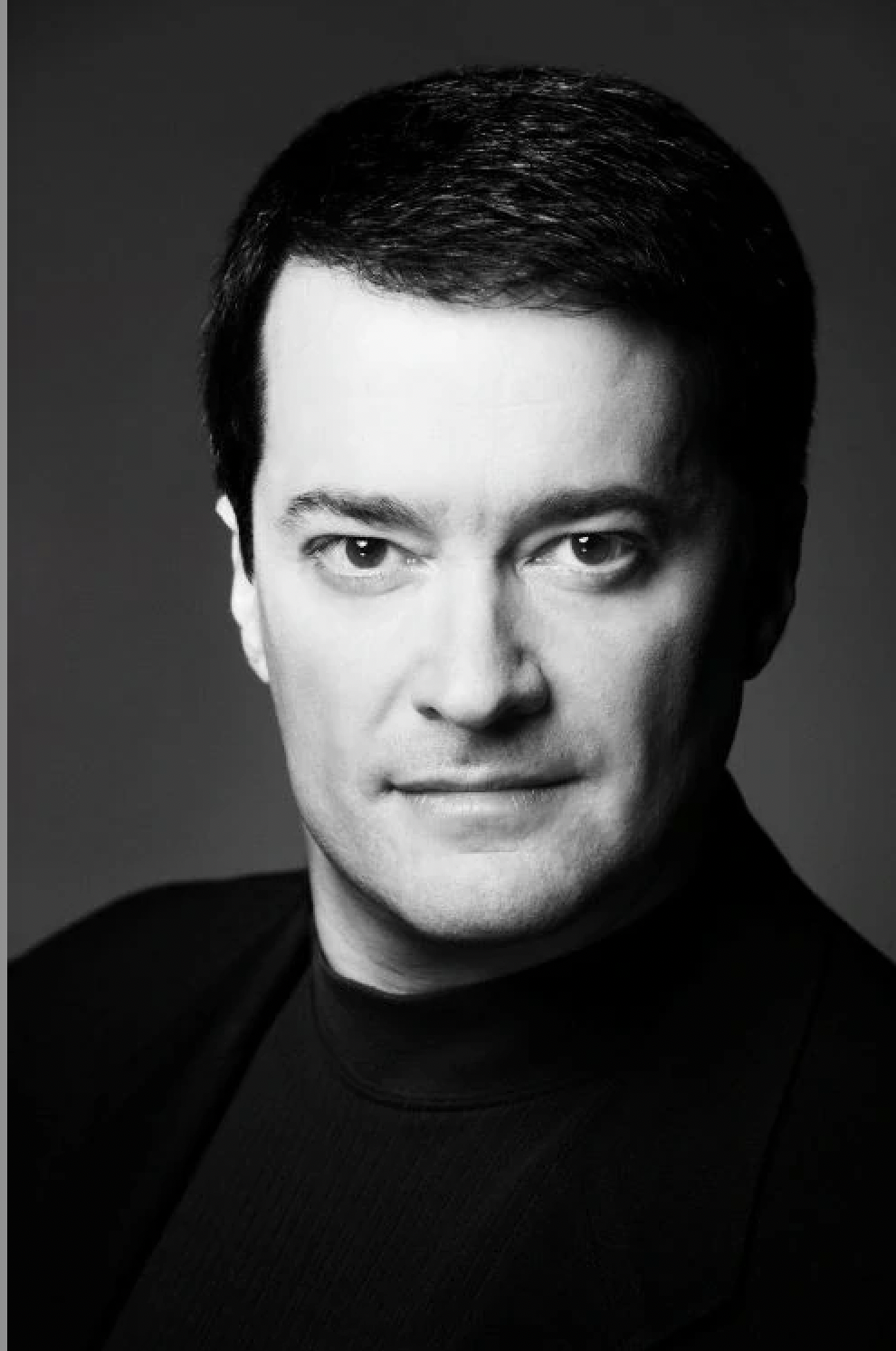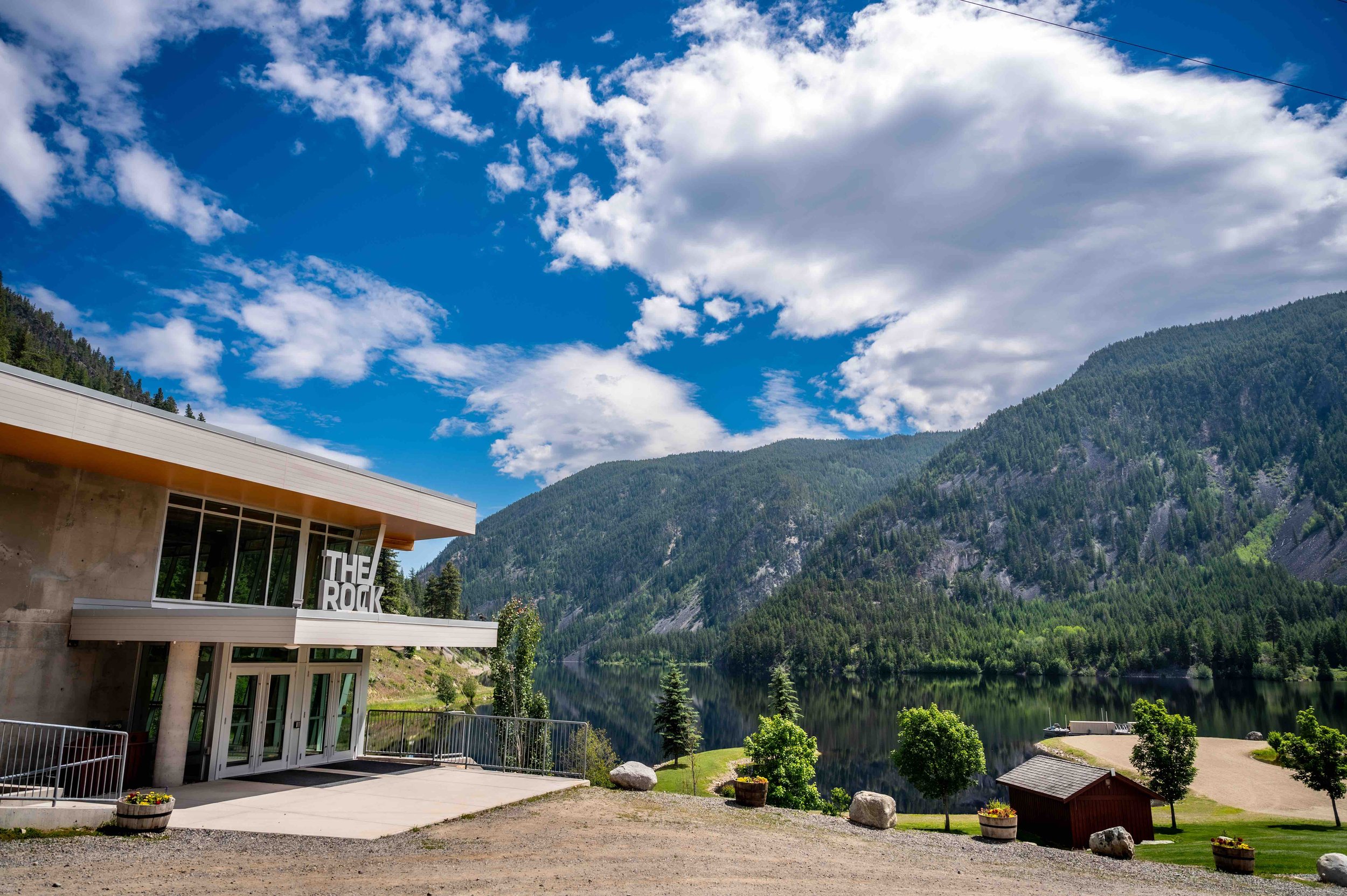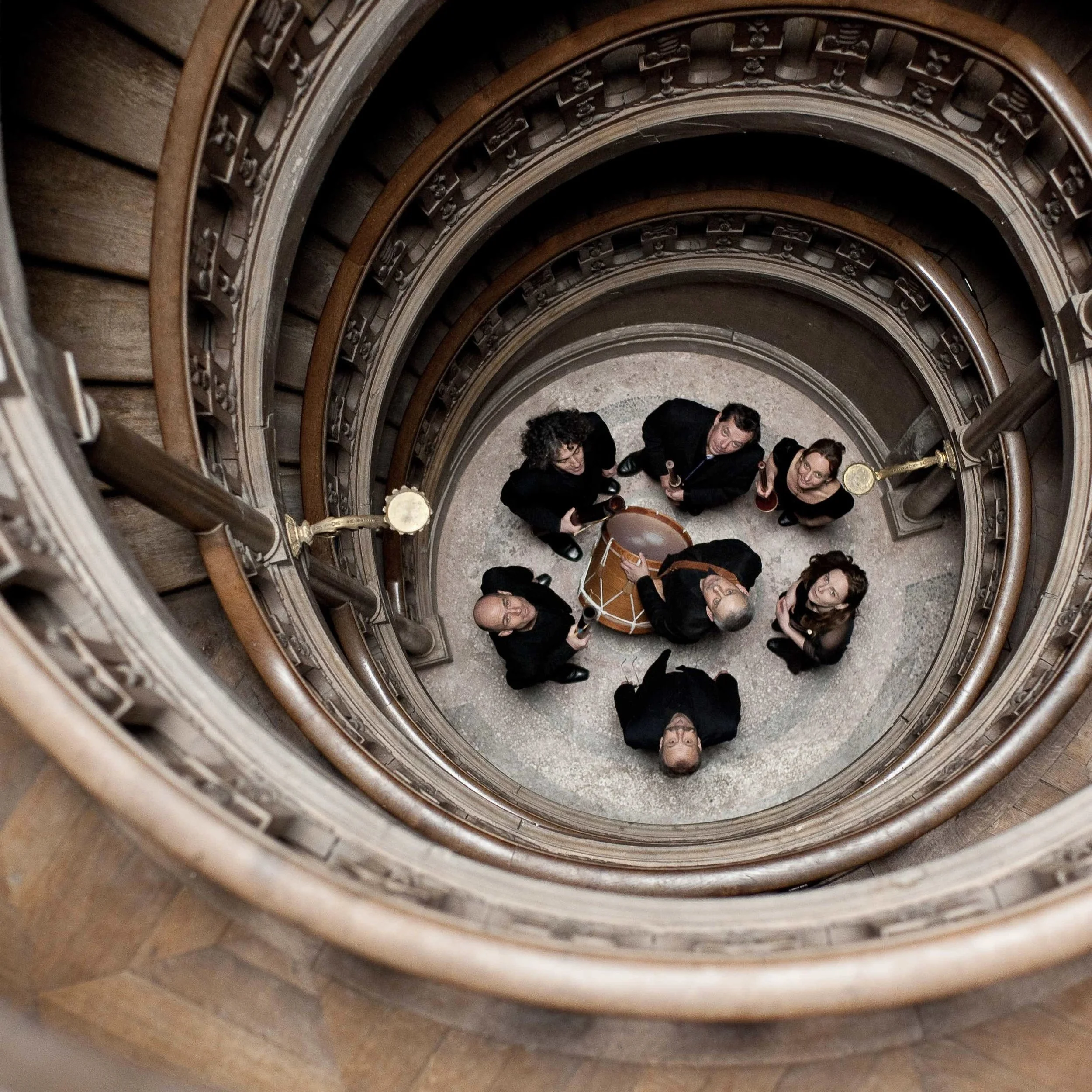Vancouver Opera's new maestro Jacques Lacombe reflects on an old piano, boys choir, and pipe organ that inspired his path to podium
Meet the energized Quebec conductor who says he’ll prioritize teamwork to lead the company through 2024 and beyond
Jacques Lacombe. Photo by JF Berubé
TO UNDERSTAND JACQUES Lacombe’s approach to his art form, it’s essential to go back to his boyhood in Trois-Rivières, Quebec.
The Vancouver Opera’s new music director grew up playing hockey and aspired to study science before music found him. When he was 11, his family moved into an old house with a piano in the basement, and he began to play by ear.
“I think that really helped me as a conductor, because I learned what a chord was, and I learned it all by myself from what I was hearing on the radio,” the Vancouver Opera’s new music director tells Stir in a lively and wide-ranging interview at the company’s East 3rd Avenue headquarters. “And one of the first pieces I learned was one of my dad’s favourites: ‘The Entertainer’.”
Having mastered Scott Joplin’s ragtime rhythms, the young Lacombe soon enrolled in piano lessons. But he was still driven to teach himself more: “One of my first LPs that I owned was Rhapsody in Blue, and I was so amazed that someone could write a piece like that that I started to take it into dictation—to write it,” the energized artist recalls. “Then one time I was in a music store and I found the sheet music for it, and now I had the thing I needed to correct what I’d done.”
Around the same time, Lacombe was recruited to sing in the boys’ choir at Notre-Dame-du-Cap, his hometown’s 300-year-old basilica—which just so happens to house one of the country’s most spectacular pipe organs. By 14, Lacombe was learning to play that organ. By 18 he was concertmaster, and regularly accompanying the choir and singers—fostering a love of the human voice that would carry through the decades into opera conducting.
“I think the most beautiful instrument is the human voice,” he reflects today. “I like to think I make my orchestras sing.”
There have been many, many diverse stops over the ensuing years. He would go on to train in music at the Conservatoire de Musique de Montréal and Vienna’s Hochschule für Musik; while at the latter, he was immersed in a thriving classical scene where he witnessed legends from Bernstein and Karajan to Pavarotti and Te Kanawa working.
Lacombe became chief conductor and music director of Les Grands Ballets Canadiens from 1990 to 2003, plus assistant conductor of the Montreal Symphony Orchestra from 1994 to 1998 and its principal guest conductor from 2002 to 2006. He took the helm at Trois-Rivières Symphony Orchestra from 2006 to 2018, serving as artistic director and principal conductor of France’s Mulhouse Symphony Orchestra from 2017 to 2021 as well as conducting Germany’s Bonn Opera from 2016 to 2018. He served as music director of the New Jersey Symphony Orchestra and the Philharmonie de Lorraine in Metz, France, and he’s taken the podium everywhere from the Taiwan Philharmonic National Symphony to the the Royal Opera House at Covent Garden and Deutsche Oper Berlin.
But no matter what he’s doing—across symphonic, operatic, choral, and dance conducting—the same curiosity, energy, and work ethic continue to drive this conductor who defies genres. The rare maestro who’s resisted specializing in one form, he finds his orchestral conducting and operatic work feed each other.
“I’ve always been attracted to a lot of different things,” the conductor says with a smile and a shrug. “Life just happened for me and I’ve never really been typecast—not in repertoire nor as a conductor.”
Jacques Lacombe. Photo by JF Berubé
A throughline, he stresses, has been collaboration and a love of teamwork, something he not only traces back to his choral years, but to those days on the icy ponds of Quebec playing hockey.
Working with fellow artists and the local community will be a priority as he steps in to lead Vancouver Opera through 2024 and beyond. Named to the position in October after a years-long search, he replaces the esteemed Jonathan Darlington, who moved into the role of music director emeritus back in 2018.
“It’s never a one-man show. It is our show,” stresses the maestro. “To have feedback from the orchestra, the chorus—that’s my general approach.
“If I take that position I need to have an impact,” he continues. “To help build the orchestra, to help build the chorus.”
The Canadian maestro is familiar with the company: he first directed a show here, Puccini’s La fanciulla del West, 20 years ago, and he helmed last season’s successful production of Benjamin Britten’s A Midsummer Night’s Dream. That range alone—Puccini to Britten—is indicative of the breadth of his interests. He admits to loving Mozart and Strauss, and has enjoyed conducting brand new works (say, the 2007 premiere of Vladimir Cosma’s Marius et Fanny in Marseille.)
“To touch different repertoires: it forces you to renew yourself,” he explains.
“We’re talking about the next three years of planning,” he adds of his recent Vancouver Opera strategy meetings. “I have a sense of the energy here and I’m open to do the largest spectrum possible.”
As for the state of the art form, he sees more demanding tastes as a world-wired audience now has the chance to see productions onscreen from around the globe.
“Broadcasts have forced us to make what we have onstage better,” he observes. “People have access to almost anything they want with two clicks. Visually, dramatically, and artistically we’re in a different place than we’ve been 10 or 20 years ago. I think people are maybe searching for experiences that will fulfill them visually from what they hear—especially since reopening [after the pandemic].
“I love to go to the theatre, and I remember the first few shows I saw when things reopened, I was almost moved to tears sharing that human experience,” he adds. “The pandemic has been useful for people to be really conscious of how precious that experience is.”
This year, Lacombe will take the podium for an especially visually striking production: opening February 10, Donizetti’s comedy Don Pasquale will see a wild, pop-art-Technicolor makeover by acclaimed Montreal direction-choreography-and-design duo André Barbe and Renaud Doucet.
At the moment, it seems there’s very little Lacombe—who also serves as artistic director and principal conductor of the Orchestre Classique de Montreal—isn’t doing on the operatic and symphonic scene. Except, perhaps, one pursuit from his distant past that is a world away from his grand-scale concerts and operas of today.
“I now consider myself a retired organist,” he says with a smile. “It felt very lonely.”















